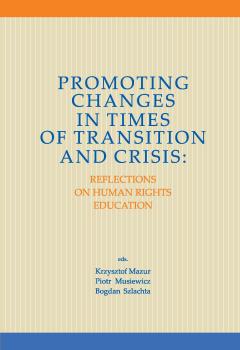The Role of Human Rights Protection in Combating Human Trafficking. The Case of the Greater Mekong Sub-Region .......... 477
Synopsis
This study is looking at human trafficking as a human rights concern as well as a so-cial development issue strongly related to migration laws. Trafficking in persons means more than an organized movement of people for profits as it involves coercion, force and deception for the purposes of exploitation. Accordingly, trafficking is a severe violation of human rights of a trafficked person and thus applying a rights-based approach is funda-mental to adequate addressing the problem of modern slavery. At the same time, human trafficking is a crime that hampers sustainable development in many aspects. It is often associated with poverty, social exclusion, social justice and rule of law. This paper argues that in order to tackle trafficking and protect the rights of trafficking victims, the anti-trafficking policies must be strongly linked to wider measures to promote human develop-ment. On top of that, trade in people is a global and regional problem that cannot always be addressed at a national level; therefore international, multilateral and bilateral cooperation can be critical to eradicate this issue. This paper is exploring the Greater Mekong Sub-region (GMS) as a case in point ex-posing such cooperation in many dimensions. GMS is a natural economic area bound together by the Mekong River, comprising of six countries: Cambodia, China (Yunnan and Guangxi provinces), Laos, Myanmar, Thailand and Vietnam. Although the GMS can be perceived as a new frontier of Asian economic growth, 30% of the 240 million inhabitants still fall under the poverty line. Due to uneven development, the irregular movement of unskilled migrants is rampant, often resulting in human trafficking. On the other hand, anti-trafficking interventions have serious implications on human development. Too often human rights education employed in awareness raising campaigns as a main prevention measure has potentially negative consequences on development. For example, it can be argued that some initiatives instead of empowering disadvantaged populations avert mi-gration and limit people’s freedom to seek opportunities to improve their welfare.





